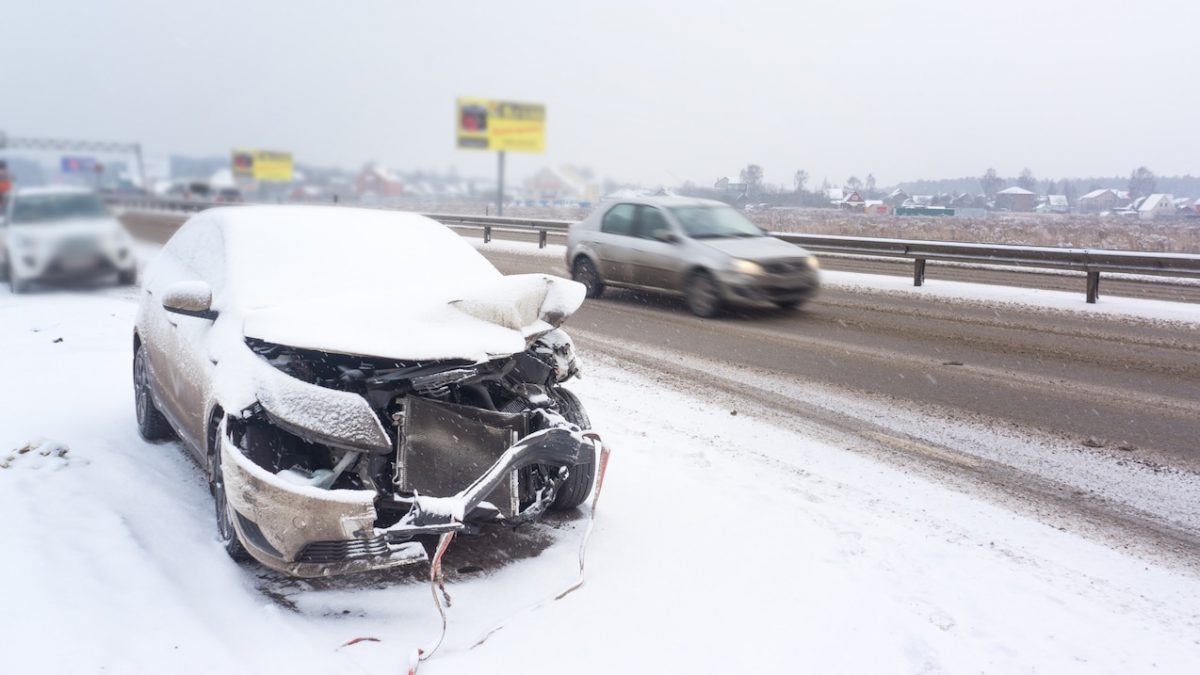Your Guide to Understanding Michigan No-Fault Insurance
If you are confused about the fine points of Michigan No-Fault law, you’re not alone. The Michigan No-Fault insurance system is among the most complex in the country. And, with new rules scheduled to take effect on July 1st, the system is about to become even more bewildering. While some regulations will change, drivers will still be required to have No-Fault policies for each of their vehicles. Here is a guide to help you understand your benefits under Michigan No-Fault law.
Do You Have a Case?What is covered by a Michigan No-Fault insurance policy?
First, it’s important to understand the concept behind No-Fault insurance. Basically, it works exactly as its name implies. The general rule is that drivers who are injured in an accident seek reimbursement for their medical bills and related expenses from insurers in a specific order of priority, beginning with their own insurance company, regardless of who was at fault.
What is the difference between economic and non-economic benefits?
No-Fault insurance policies cover two main categories of benefits: economic (first party) and non-economic (third party).
Economic costs can be covered under the policy holder’s Personal Injury Protection (PIP) benefits. These can include direct costs such as medical bills, rehabilitation, home care, lost wages, and replacement services and home modifications.
Non-economic benefits include losses that cannot be measured in dollars and cents, such as pain and suffering. These third-party benefits are usually paid by the at-fault driver or the insurance company that covers the vehicle involved in the accident.
What is covered by Personal Injury Protection (PIP) benefits?
In Michigan, Personal Injury Protection benefits currently cover the following:
For life (or as long as services are needed):
- 100% of reasonable and necessary medical expenses, including rehabilitation and attendant care
- Mileage for travel to and from medical or treatment appointments
- Benefits for other “allowable expenses” such as medical equipment and home modifications
For up to 3 years:
- 85% of lost wages up to a specified maximum amount
- Up to $20/day in replacement services such as routine household chores, cooking and yard work
- Survivor loss benefits (average maximum is approximately $5400/month)
In addition, first-party benefits include Property Protection Insurance (PPI). This coverage usually pays up to $1,000,000 for damage to other people’s property or legally parked vehicles.
Who is covered under my Michigan No-Fault insurance policy?
Generally, every member of the insured person’s household can be covered under their No-Fault policy, as long as they are a spouse or qualifying resident relative of the policyholder. The insured’s PIP benefits can also cover a household member who is injured as a pedestrian or a passenger in someone else’s car. PIP benefits also cover other people, such as passengers, pedestrians, bicyclists and motorcyclists, who are hurt in an accident involving your car.
However, such non-household members are only covered if they do not have their own No-Fault policies. Otherwise, their own insurance policy covers their injury-related expenses.
What about damages for pain and suffering?
Accident victims are eligible for these non-economic damages only if they are less than 50% at fault. Furthermore, these claims are very complex because they usually involve serious and/or permanent injuries that require extensive medical documentation. Therefore, you are likely to achieve a greater financial settlement when you hire an experienced accident attorney.
Does my Michigan No-Fault policy cover motorcycle accidents?
Motorcycles are not considered motor vehicles under Michigan No-Fault law. Therefore, motorcyclists do not have the same unlimited medical coverage as automobile drivers. However, if a motorcyclist is injured in an accident involving a motor vehicle, the resulting medical costs are usually paid through the policy that covers the automobile. In addition to the required liability coverage motorcyclists must carry, they may purchase additional coverage for liability, collision and personal injury protection.
How will the new laws affect my personal injury protection benefits?
As of July 1, 2020, there will be several changes to the current Michigan No-Fault insurance laws. One important difference is that vehicle owners will be able to select from different tiers of PIP coverage options. Premium costs will be based on the amount of coverage chosen, along with some other factors. Additionally, the minimum limits for liability coverage will increase.
Our website will provide updates and detailed explanations of the new No-Fault laws over the next few months, so check back often.
Michigan No-Fault insurance law is complicated, but finding the right attorney is simple.
Call 1-800-CALL-SAM today for a free, no-obligation consultation.
Do You Have a Case?Sources:
https://www.michigan.gov/documents/cis_ofis_ip202_25083_7.pdf
HAVE YOU BEEN INJURED?
Get The Bernstein Advantage® today!
Free. Simple. Quick.


